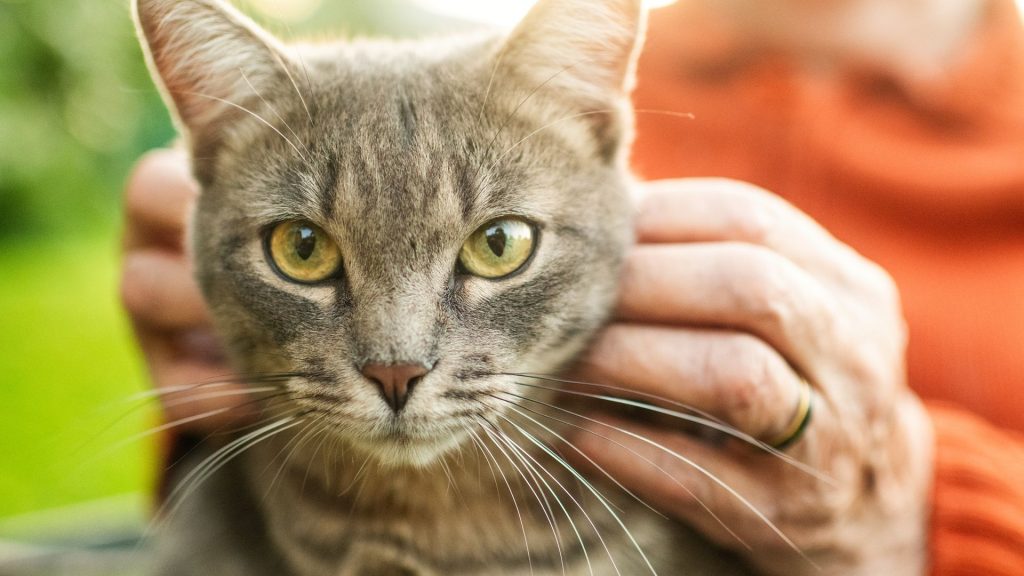Cats show Alzheimer’s markers similar to humans, study finds

More than 57 million people worldwide have been diagnosed with dementia, but the disease affects more than humans. A new study reveals that cats have the same markers for Alzheimer’s disease as people do, a finding that could contribute to treatments for humans.
Scientists at the University of Edinburgh examined the brains of 25 cats that died at different ages. High-resolution microscopy revealed a buildup of the protein fragment amyloid-beta in the synapses.
Those synapses are the vital junctions that allow messages to pass between brain cells and are essential to maintaining healthy brain function. However, a dangerous protein can accumulate in and around these cells, starting as small clusters before eventually forming bulky plaques. These plaques lodge themselves between nerve cells, disrupting the brain’s communication network.
In humans, Alzheimer’s disease is strongly linked to declines in memory and thinking skills. In cats, increased meowing, confusion and disrupted sleep are signs of dementia. Cats may also stare at walls, forget that they have been fed or go to the bathroom outside their litter box.
How can this help humans?
Dementia researchers have used genetically modified rodents to study the disease, but the rodents do not naturally suffer from the disease. Research on cats with dementia could deepen the understanding and contribute to developing treatments for both felines and humans.
“This opens the door to exploring whether promising new treatments for human Alzheimer’s disease could also help our ageing pets,” said Dr. Robert McGeachan, the lead researcher from the University of Edinburgh’s Royal School of Veterinary Studies. “Because cats naturally develop these brain changes, they may also offer a more accurate model of the disease than traditional laboratory animals, ultimately benefiting both species and their caregivers.”
“Feline dementia is so distressing for the cat and for its person,” another researcher, Danielle Gunn-Moore, said. “It is by undertaking studies like this that we will understand how best to treat them. This will be wonderful for the cats, their owners, people with Alzheimer’s and their loved ones. Feline dementia is the perfect natural model for Alzheimer’s, everyone benefits.”
The study is published in the European Journal of Neuroscience.





